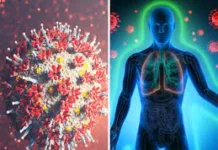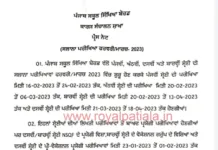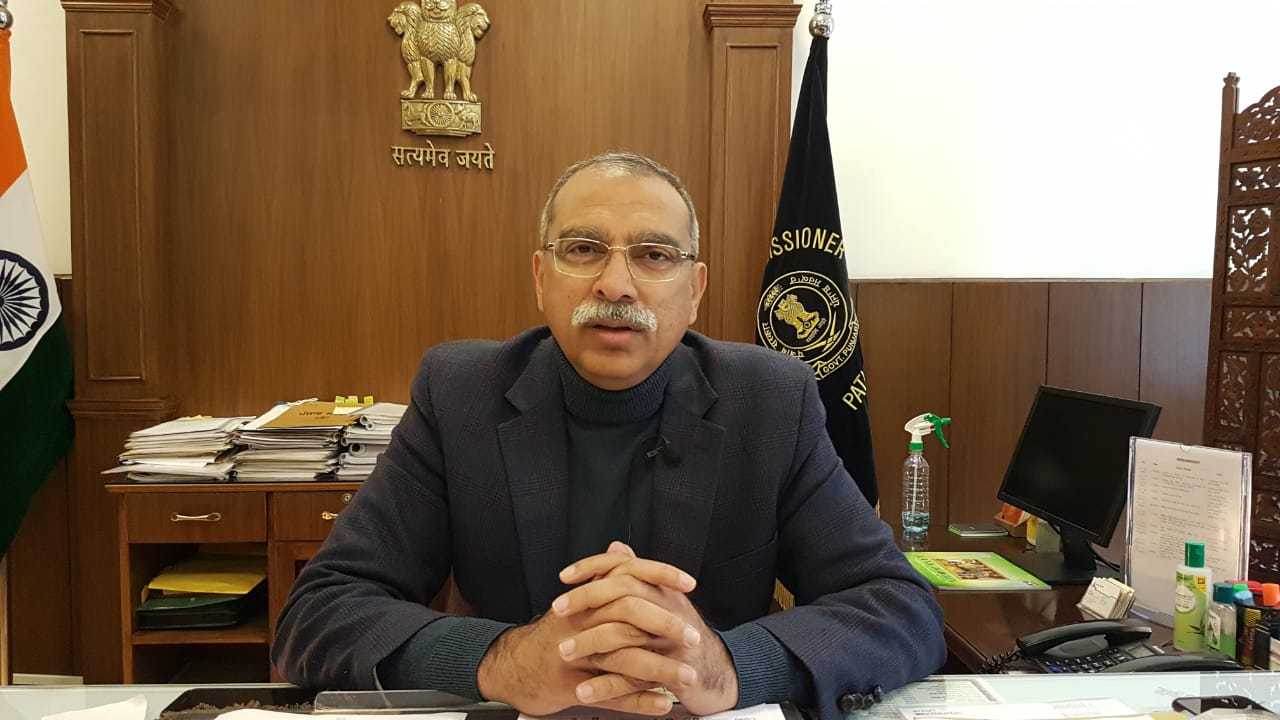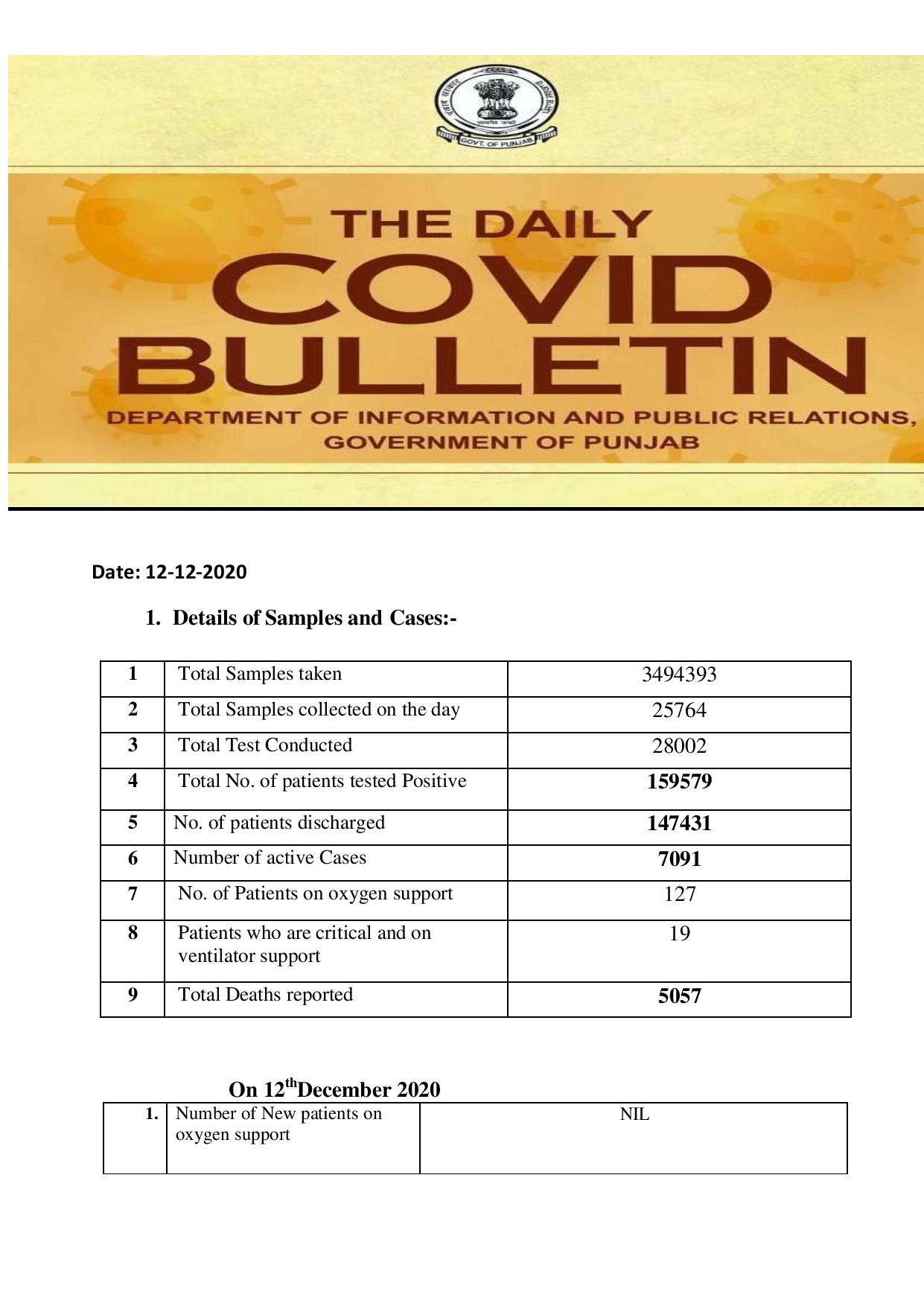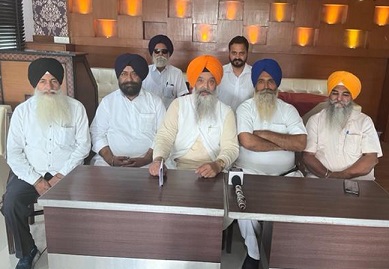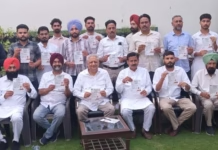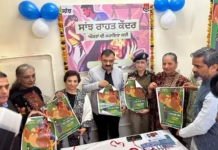Major decision taken by Punjab government; cabinet met through video conferencing
Kanwar Inder Singh / royalpatiala.in/ Chandigarh
The Punjab Government on Saturday announced special health insurance cover of Rs 50 lakhs each for the police personnel and sanitation workers in the frontline of the battle against COVID-19, on the lines of that announced for health workers by the Centre.
As an emergency measure to combat COVID-19, the Punjab Cabinet led by Chief Minister Capt. Amarinder Singh also authorized the Procurement Committed headed by ACS Vini Mahajan to do quick price discovery for all purchases related to COVID-19 management and containment, and make purchases on urgent basis. The committee has been authorized to make spot purchases and exigency procurements, bypassing normal procedures, in exercise of emergency powers under the National Disaster Management ACT 2005.
The Cabinet also allowed the Procurement Committee to procure essential and emergent medical items at prevalent market prices as the same had risen substantially due to widespread demands due to COVID Management.
The Chief Minister directed that no bureaucratic hassles should be allowed to come in the way of any urgent purchases that may be needed in this critical hour.
Taking serious note of shutdown of operations by several private hospitals, the Cabinet decided on strict action against such hospitals, with the Chief Minister suggesting that the health department should cancel the licences of hospitals refusing to treat COVID-19 patients. Terming it a cowardly act, the Chief Minister said they cannot go into hiding at such a critical time.
The Council of Ministers, which met through a Video Conference to review the current situation in the state, decided that the arrangements to manage COVID patients should be scaled up gradually to cater to larger number of patients, keeping in view the: Harvesting & Procurement of Wheat; Rising trend in the country and state as well as apprehensions of community spread (stage 3); and Prevalence of an unknown and unprecedented pandemic.
Contingency plan should be prepared with alternative locations, equipment, and officers to deal with any emergent situation whereby any of the existing arrangements fail/collapse, it was further decided.
The Council of Ministers further decided that should do distant/remote monitoring and avoid going out in groups in this critical situation.
The Health Department earlier informed the Cabinet that once the rapid testing kits and the final guidelines come in from the Government of India, rapid tests will begin in the state to speed up the identification of positive cases. The rapid testing will be done for symptomatic and asymptomatic cases at all the hot spots, while symptomatic cases will be similarly tested in the non-hot spot areas. The department has already started community testing in hot spots, the Cabinet was further informed.
Contact tracing of the Nizamuddin returnees was being done on an aggressive scale and 192 persons from the list of 255 received by the state had already been tested and isolated, the Health Department further disclosed. In addition, tracking was being done for all the foreign returned, as well as high-risk categories such as healthcare professionals, police etc.
So far, contact tracing had been done for 1600 , including 846 high-risk personnel and of them, 34 had tested positive. Geographical mapping was also being done of the movement of patients from their locations to hospitals. People were cooperating in the contact tracing process, as per the health department.
The Cabinet was further informed that there were enough PPEs for the health staff. Health Minister Balbir Singh Sandhu said it 1000 PPEs each were being made available at each Government hospital.
On the preparedness for tackling further spread of the disease, the cabinet was informed that 5000 isolation beds have been identified, of which 2500 are already operational. Buildings, including hostels, are being taken over and declared isolated for the creation of such facilities, with the state planning for 20000 cases.
To further strengthen the supplies, 20 industries have been identified for manufacturing of PPE kits and N95 masks, and five of these have already been approved. Another half a dozen industries have been identified for the manufacture of low-cost ventilators.
April,4,2020





